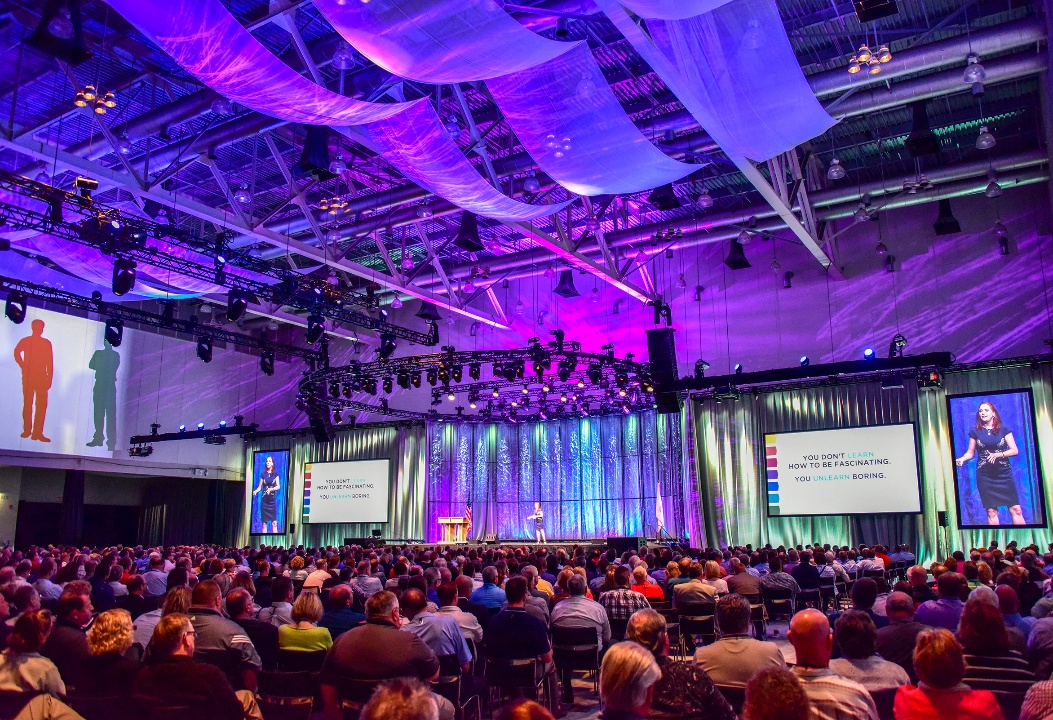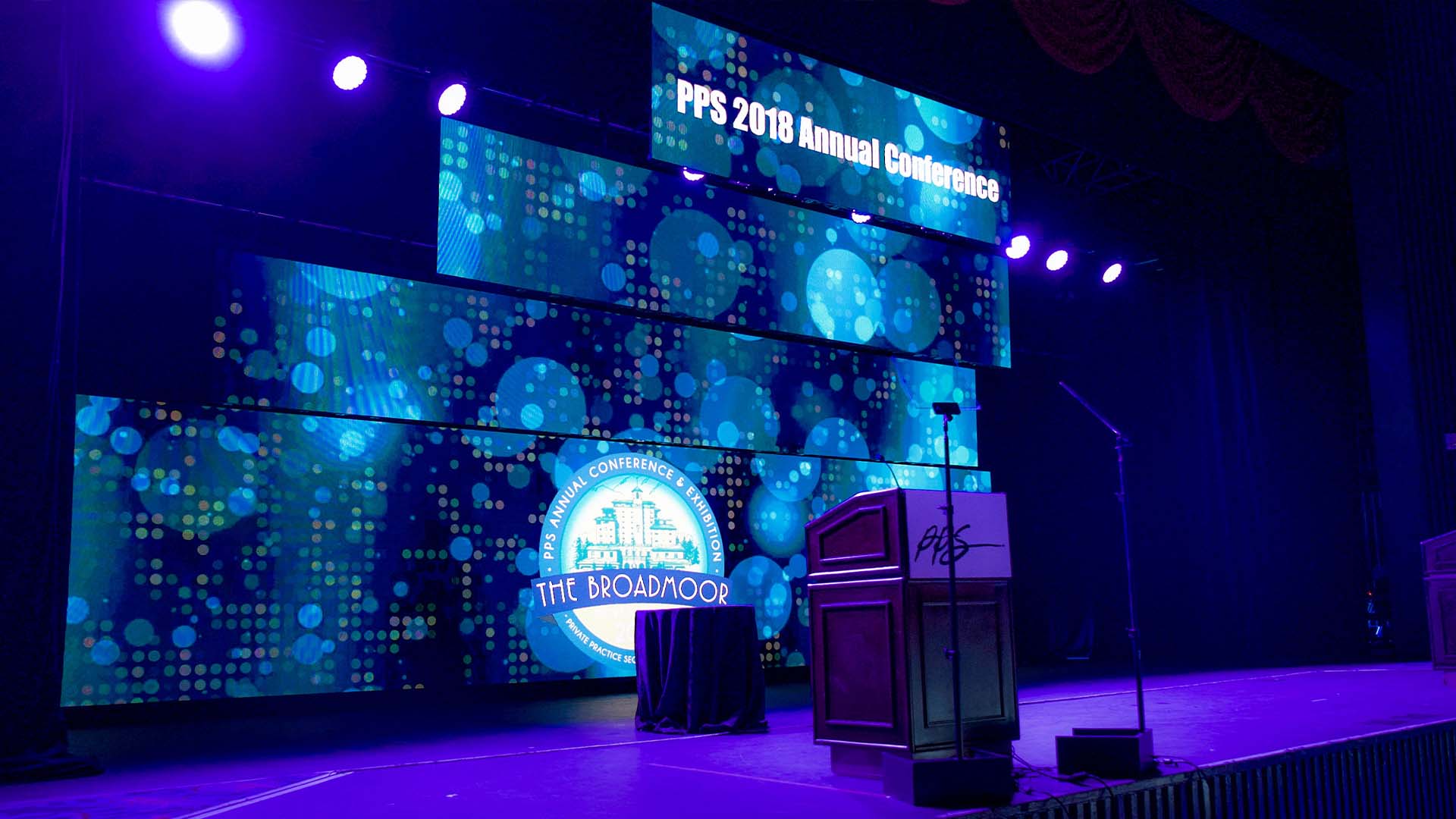The Future of Event Productions: Trends You Need to Know
The Future of Event Productions: Trends You Need to Know
Blog Article
Recognizing Exactly How Occasions Production Functions: A Comprehensive Introduction of the Refine
The details of occasion manufacturing need a systematic approach that integrates several stages, each playing a critical function in the total success of an event. From the preliminary planning and idea development to the careful coordination of logistics, every element has to straighten seamlessly to achieve the desired outcome. Recognizing the nuances of budgeting, source appropriation, and on-site monitoring is essential for any type of specialist in this field. As we explore these components better, it becomes apparent that the process is not just about execution however likewise regarding continuous enhancement and calculated examination. What insights can we amass from each stage?
Preliminary Preparation and Idea Growth
Efficient initial planning and concept advancement function as the structure for effective occasions manufacturing. This stage entails specifying the event's objective, target market, and preferred results. A clear vision is essential; it guides all subsequent decisions and helps align the group's initiatives toward an usual goal.
Throughout this phase, brainstorming sessions can be indispensable. Involving stakeholders, including customers, sponsors, and possible participants, fosters a collective atmosphere that creates innovative ideas. In addition, extensive market research must be performed to understand patterns, preferences, and possible obstacles.
When the principle is established, it is essential to develop a comprehensive occasion synopsis. This rundown ought to include the occasion's motif, style, and vital tasks. Establishing a timeline is just as vital, as it helps to manage tasks and due dates successfully.
Budgeting and Resource Allocation
With a strong idea in place, interest must transform to budgeting and resource allowance, which are vital components in executing the occasion successfully. A distinct spending plan serves as a roadmap, detailing all expected prices and offered sources. It starts with determining dealt with and variable expenditures, including venue leasing, event catering, marketing, staffing, and innovation. Each group needs to be meticulously determined to stay clear of overspending and to guarantee that funds are assigned appropriately.
Resource allocation involves assigning both human and monetary resources to various tasks and components of the event. Prioritization is essential; vital aspects ought to get ample funding while much less essential aspects might need a much more conservative approach. Additionally, contingency planning is essential-- designating a part of the allocate unanticipated expenditures can alleviate economic threats.
In addition, efficient interaction among team participants concerning budget restraints cultivates partnership and advancement. This advertises the accountable use sources and encourages creative services to remain within spending plan. Eventually, a critical approach to budgeting and source appropriation prepares for an effective event, enabling organizers to focus on supplying an unforgettable experience for attendees while keeping monetary integrity.
Logistics and Control
Navigating the intricacies of logistics and coordination is crucial for the seamless execution of any type of event. This phase includes careful planning and company to guarantee that all parts operate in consistency. Crucial element consist of place choice, transport arrangements, and the scheduling of different tasks.
Effective logistics starts with an extensive analysis of the venue's capabilities and limitations. This includes understanding the design, accessibility factors, and readily available resources. Once the venue is validated, transport logistics have to be established, including the activity of participants, tools, and products. Coordinating these elements calls for collaboration with vendors, vendors, and transportation services to guarantee timely shipments and pickups.
Another critical Go Here element is the growth of a detailed timeline that lays out all logistical aspects leading up to the event. This timeline works as a roadmap, detailing crucial landmarks and target dates for jobs such as tools configuration, providing solutions, and audiovisual setups. Routine communication with all stakeholders is important to resolve any type of possible concerns proactively.
Implementation and On-Site Management
Effective implementation and on-site monitoring are vital for changing meticulous strategies into truth throughout an event. Their ability to make real-time choices can substantially affect the occasion's success.
A distinct schedule is crucial, functioning as a roadmap for all tasks. Event supervisors should ensure that Bonuses setup occurs in a timely manner, adhering to timelines for sound checks, catering distributions, and visitor arrivals. Reliable analytical abilities are also important; unanticipated difficulties can arise, needing fast thinking and adaptability to maintain the event's circulation.
In addition, attention to visitor experience is paramount. Checking visitor communications, ensuring safety procedures are complied with, and giving assistance staff to deal with issues cultivates a favorable environment. This degree of engagement not only enhances the total experience yet also mirrors the professionalism and trust of the event team. Event Productions. Eventually, successful implementation and on-site administration joint on detailed preparation, efficient communication, and a dedication to providing a phenomenal occasion for all involved.

Post-Event Examination and Responses
The end result of any kind of event exists not only in its implementation however likewise in the comprehensive evaluation that adheres to. Post-event evaluation is crucial for figuring out the overall success of the occasion and determining areas for renovation. This procedure generally entails event responses from different stakeholders, consisting of participants, vendors, and group participants, to acquire an extensive perspective on their experiences.
To structure the analysis, occasion coordinators commonly utilize surveys and interviews, concentrating on vital efficiency indications such as attendee contentment, logistical efficiency, and budget adherence. Examining this information enables coordinators to analyze whether the event met its objectives and to recognize the staminas and weak points of the implementation.
In addition, assembling a detailed report summarizing the findings is vital for future recommendation. This documentation not only serves as a useful resource for planning subsequent events but also fosters a society of constant renovation within the company. By methodically dealing with feedback and executing adjustments, occasion professionals can boost their techniques, ultimately leading to even more impactful and successful occasions. To conclude, post-event examination is a crucial step in the event manufacturing process that guarantees continuous pop over to these guys development and quality in future endeavors.
Final Thought

The intricacies of occasion manufacturing need a systematic method that integrates multiple stages, each playing a crucial function in the overall success of an occasion.With a strong concept in place, focus needs to turn to budgeting and source allotment, which are crucial elements in performing the event efficiently.Source appropriation includes assigning both human and financial sources to different tasks and elements of the event. Ultimately, a strategic strategy to budgeting and resource allowance lays the groundwork for an effective occasion, enabling coordinators to concentrate on delivering a remarkable experience for participants while preserving monetary integrity.

Report this page